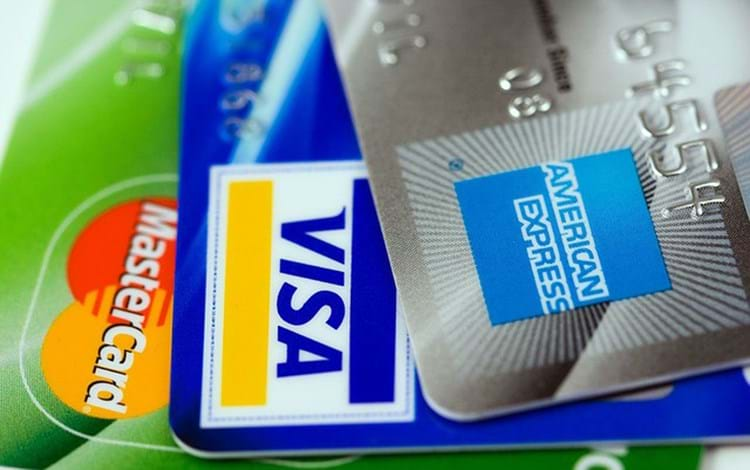
The new rules also prevent companies placing additional levies for digital payments made via services such as PayPal.
Laws introduced back in 2013 allowed companies to add on only the cost of handling payments. Consumer groups estimated that the average cost of handling transactions is 0.6% but said that companies were often charging well over this amount, especially when flat fees were applied regardless of the transaction amount.
The consumer society Which? said that transaction costs of as little as 50p were sometimes being bumped up to charges amounting to £10 to customers.
It is estimated that banning this practice will save consumers £473m a year.
As reported by ATG in December, most auction firms charge between 1.5% and 3% for credit card purchases, arguing the fee is simply to cover processing costs rather than trying to extract higher fees from buyers.
As with other industries, firms in the art market will now have to decide whether to absorb the costs of handling transactions or whether to pass them on to the buyer in the form of standard charges. In the case of auctioneers, this would probably mean increasing the buyer’s premium.
Some of the biggest effects of the new rules could be felt at the more expensive end of the market, where buyers often prefer to use credit cards due to additional levels of protection. Christie’s, for example, charges a fee of 1.25% per sale for credit card payments over £25,000.
Why is the law changing?
Governments have been under pressure to crack down on firms hitting consumers with excessive or unexpected fees when they chose to pay by card, with demands mounting to stop companies making a profit on surcharges and make easier for consumers to compare prices.
The EU is trying to address the issue and has issued a new directive (the ‘EU Payment Services Directive’) which means that such fees will be banned across the EU in 2018.
Key points
- All surcharges for paying by debit or credit card will banned when the new rules come into effect on January 13, 2018.
- The rules will apply to any UK company which is selling to UK consumers.
- The Treasury has said the ban will apply to transactions made by card providers including Visa, Mastercard, and American Express cards, as well as digital payment services such as Paypal and Apple Pay.
- Any firm caught charging customers for card payments will face fines and be ordered to repay the fees.
- The changes are not being brought in via voluntary regulation but are being laid down in law. Since they will be incorporated into UK law, they will remain in place after Brexit.





